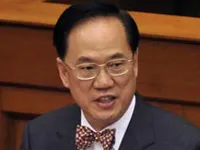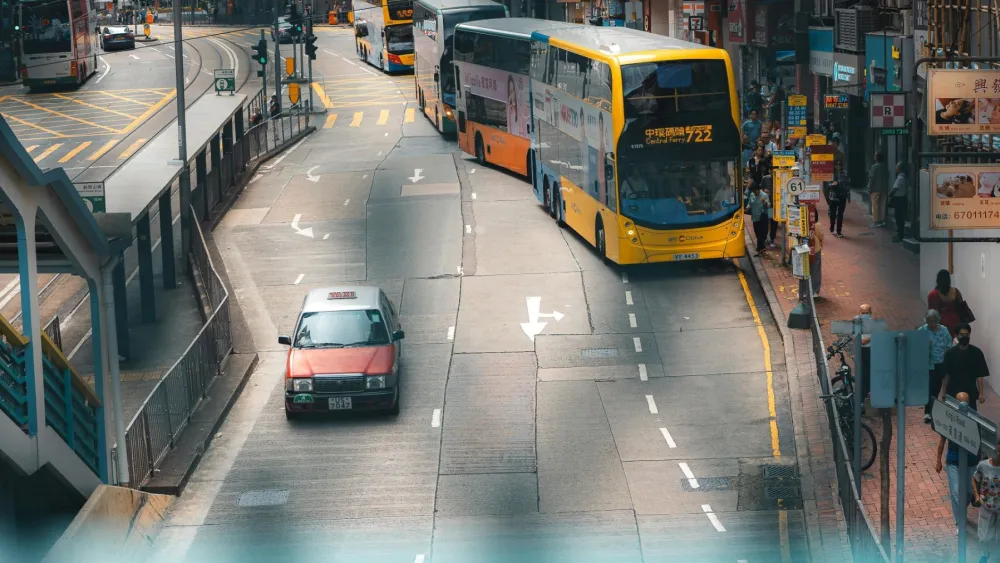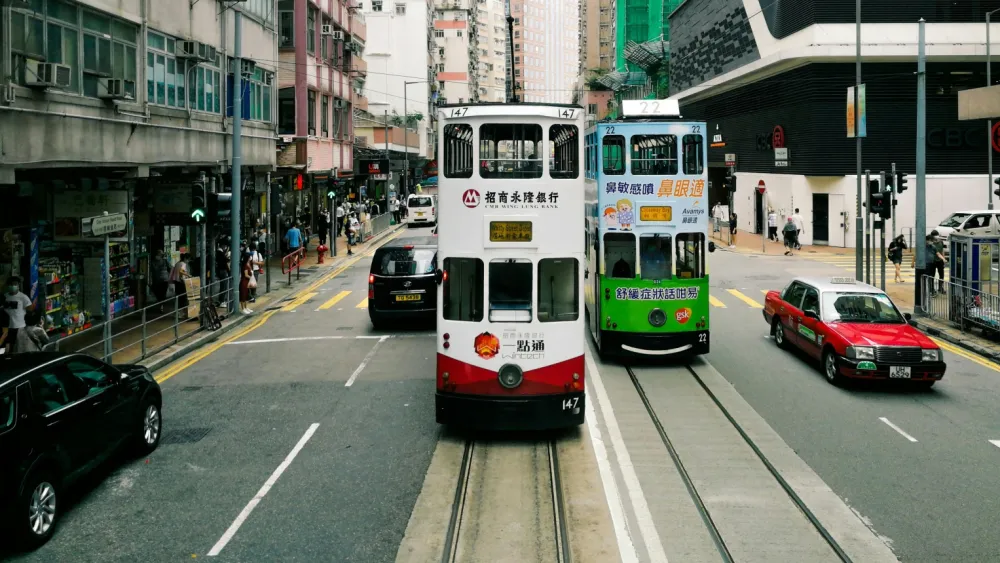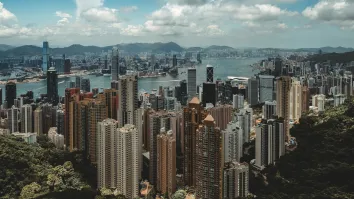
Imminent Hong Kong protests seen as wealth gap widens
CE Tsang’s unpopularity in survey revealing his failure to solve Asia’s biggest rich-poor divide seen to trigger protests.
Hong Kong’s widening wealth gap, with home prices soaring 70 percent since the start of 2009, may prompt an increased turnout in annual protests this week as the territory’s leader suffers his lowest poll ratings yet.
Chief Executive Donald Tsang’s failure to tackle Asia’s biggest rich-poor divide has seen his support drop to a score of 46.5 in a survey of 1,000 residents taken during the week to June 8, the worst since he took office in 2005, the University of Hong Kong’s Public Opinion Programme shows. Respondents were asked to rate him on a scale from 0 to 100.
“People think Donald Tsang favors the interests of big business, and this is the reason behind his apparent refusal to resolve the housing issue or narrow the wealth gap,” said Joseph Cheng, a political science professor at City University of Hong Kong. “Dissatisfaction against the government is certainly rising, and we will probably see more protests,” including at a July 1 rally commemorating the U.K. handover of Hong Kong to China, he said.
Tsang’s unpopularity parallels trends across Asia, where economic development, inflation and rising asset prices have deepened discontent among lower-skilled workers. Singapore’s ruling party saw record support for the opposition in elections last month, and China has arrested local officials in the aftermath of protests over abuse of power as inequality grows.
A record 1.26 million among Hong Kong’s 7 million residents lived in poverty as of mid-2010, according to a government advisory group, even as the combined wealth of the 40 richest surged 20 percent to $163 billion in January from a year earlier, Forbes magazine said. The rich-poor gap is Asia’s widest, based on United Nations data.
View the full story in Bloomberg.



















 Advertise
Advertise






